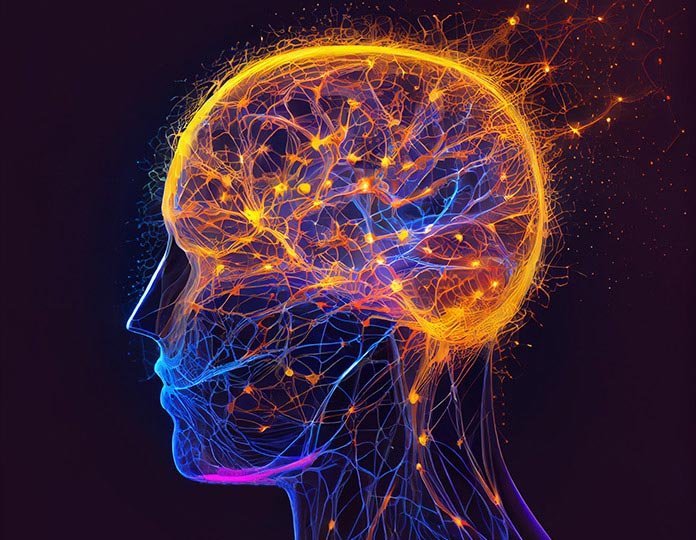Has anyone told you that you probably hurt yourself physically because you have low willpower? Have you ever been told to get over it when you complained about a certain illness that was more mentally inclined than physically? Often it is so that people look done on those who suffer from mental health issues and do not consider it to be similar or even half as important as that of a physical injury. However, one must realize that the mental illness that one undergoes is deeply intertwined with their biological functioning and can at times be a threat to both the individual as well as those around them.
Many people disregard issues of mental illness and blame the people suffering from mental illness and call them weak-willed or extremely sensitive and do not show the same level of concern and care as they show towards those with physical ailments. Despite the increase in awareness about mental illnesses and mental health, people still fail to understand and accept it in its entirety. Research has shown that despite the awareness the rejection level is high and people prefer not to engage with those with mental illnesses.
Many causal factors come into play when trying to understand and classify mental illnesses however what people often forget is that biological causal factors play a huge role in understanding the manifestations of mental illness. Although biological causal factors alone cannot explain the concept of mental illness, they play a huge role and brings to light how we must similarly treat mental illness to how we treat those with physical ailments.
There are multiple biological factors that one must consider when trying to understand mental illness including the central nervous system and the peripheral nervous system which explains how the information gets damaged between the brain and the sense organs, the brain structure and brain damage which includes multiple neurodevelopmental disorders, genes which among other things helps understand whether a certain illness runs in the family, the endocrine system which helps understand the role of hormones and finally and most importantly the role of neurotransmitters which among other things are the basis on what medications are made.

Function of neurotransmitters for reducing pain
Neurotransmitters activate different areas of the brain and in doing so also influence the mood and behavior of individuals. The most important neurotransmitters that one must keep in mind when trying to understand the link between biology and mental illness are serotonin, dopamine, norepinephrine and GABA.
Serotonin found in the hippocampus, thalamus and hypothalamus helps in controlling feelings of pain, sleep cycle and digestion and low levels of serotonin are associated with depression and OCD or obsessive-compulsive disorder.
Dopamine which is found in the mesolimbic system is associated with reward mechanism in the brain and dysregulation of dopamine is associated with various mental illnesses such as ADHD or attention deficit hyperactivity, schizophrenia and even autism, the neurotransmitter norepinephrine which is found in the hypothalamus, cerebellum and hippocampus is responsible for the regulation of mood and is involved in mental illnesses like anxiety and depression and finally, we have GABBA which is found in the brain stem, cerebellum and limbic system and is an inhibitory neurotransmitter which is responsible for blocking the signals of the excitatory neurotransmitter responsible for anxiety and panic.
Among the various kinds of treatment styles that individuals with mental illness undergo are drug therapies which aim at ensuring proper levels of key neurotransmitters. The drugs help in increasing or reducing certain neurotransmitter levels to maintain certain mental illnesses and prevent them from manifesting into a bigger issue. Some biologically based interventions that are used to treat mental illness focusing on the biological aspects of the body that needs treatment include ECT or electroconvulsive therapy, TMS or transcranial magnetic stimulation and psychosurgery, however, these treatment styles are extremely controversial and there is a constant debate and criticisms on how they may be unethical and may be harmful to the individuals undergoing it.
It is important that there is more awareness needs to be spread not only mental health and mental illnesses but also about how it is linked with biological functions so that people start to realize the significance of mental illnesses and how it is important to seek and provide help at the earliest as it affects not only the mind but also the body and also because both people suffering and those around them go through the illness together. The fact that mental health issues can also be genetic may help more people look at it the way it is supposed to be looked at and start looking out for signs in those around them and not hesitating to seek and provide help and support when suspected.